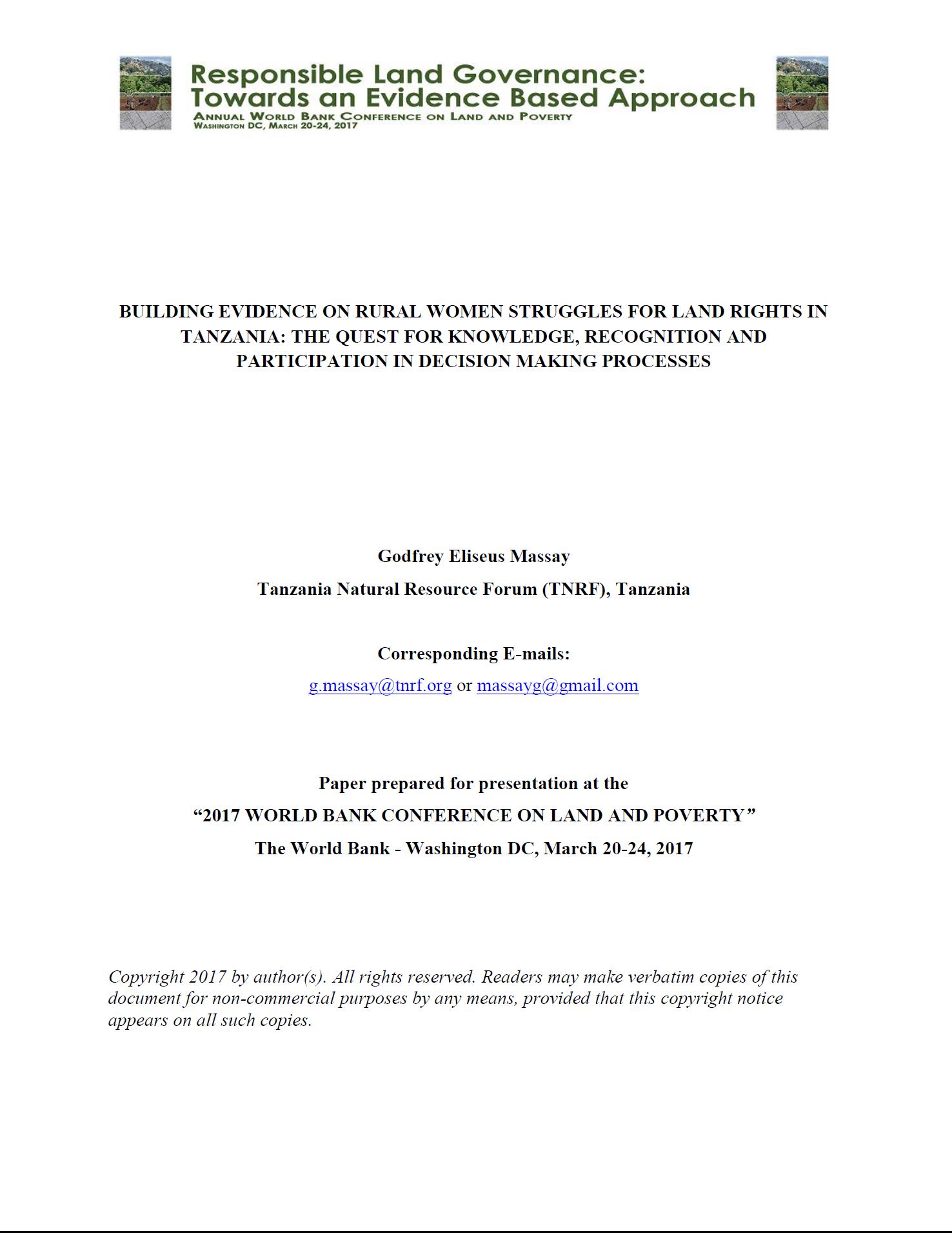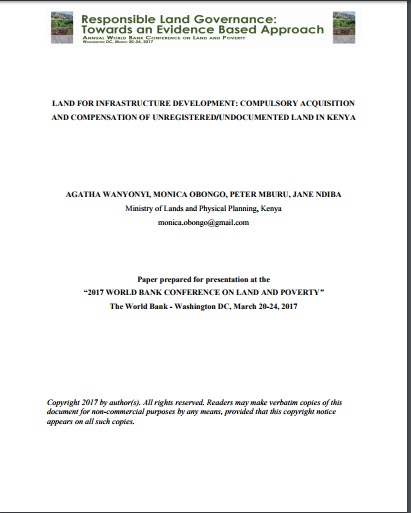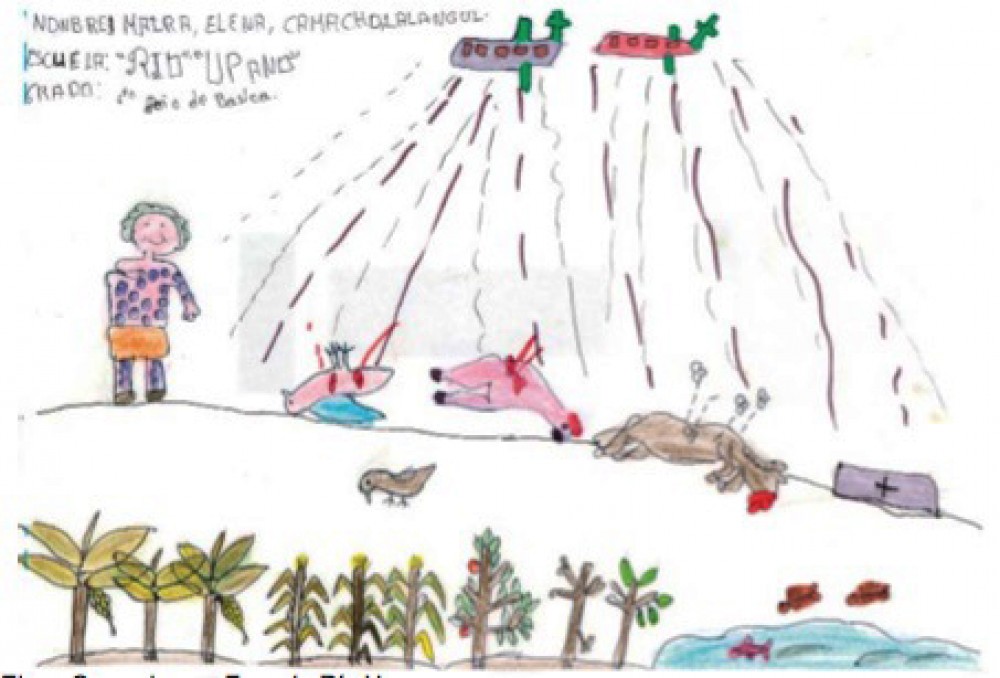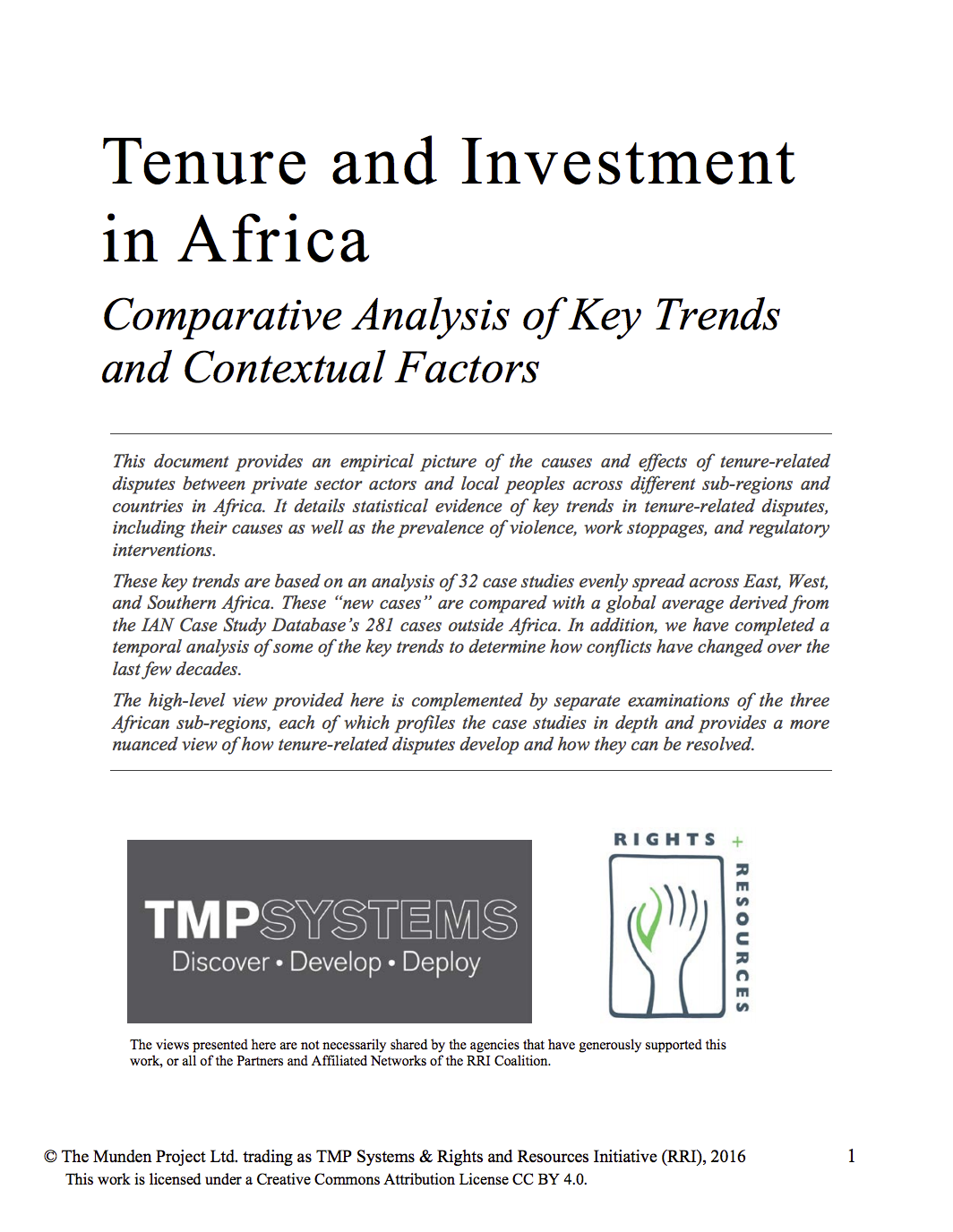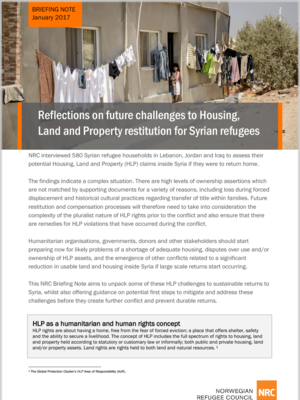Hpapun Interview: Saw B---, October 2016
The following Interview was conducted by a community member trained by KHRG to monitor local human rights conditions. It was conducted in Hpapun District on October 12th 2016 and is presented below translated exactly as it was received, save for minor edits for clarity and security.This interview was received along with other information from Hpapun District, including six other interviews and 62 photographs.


